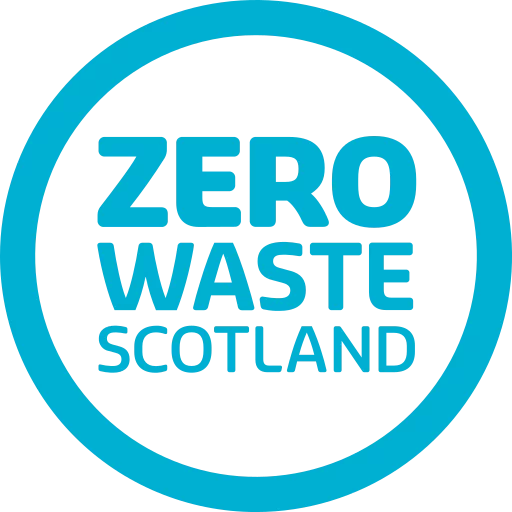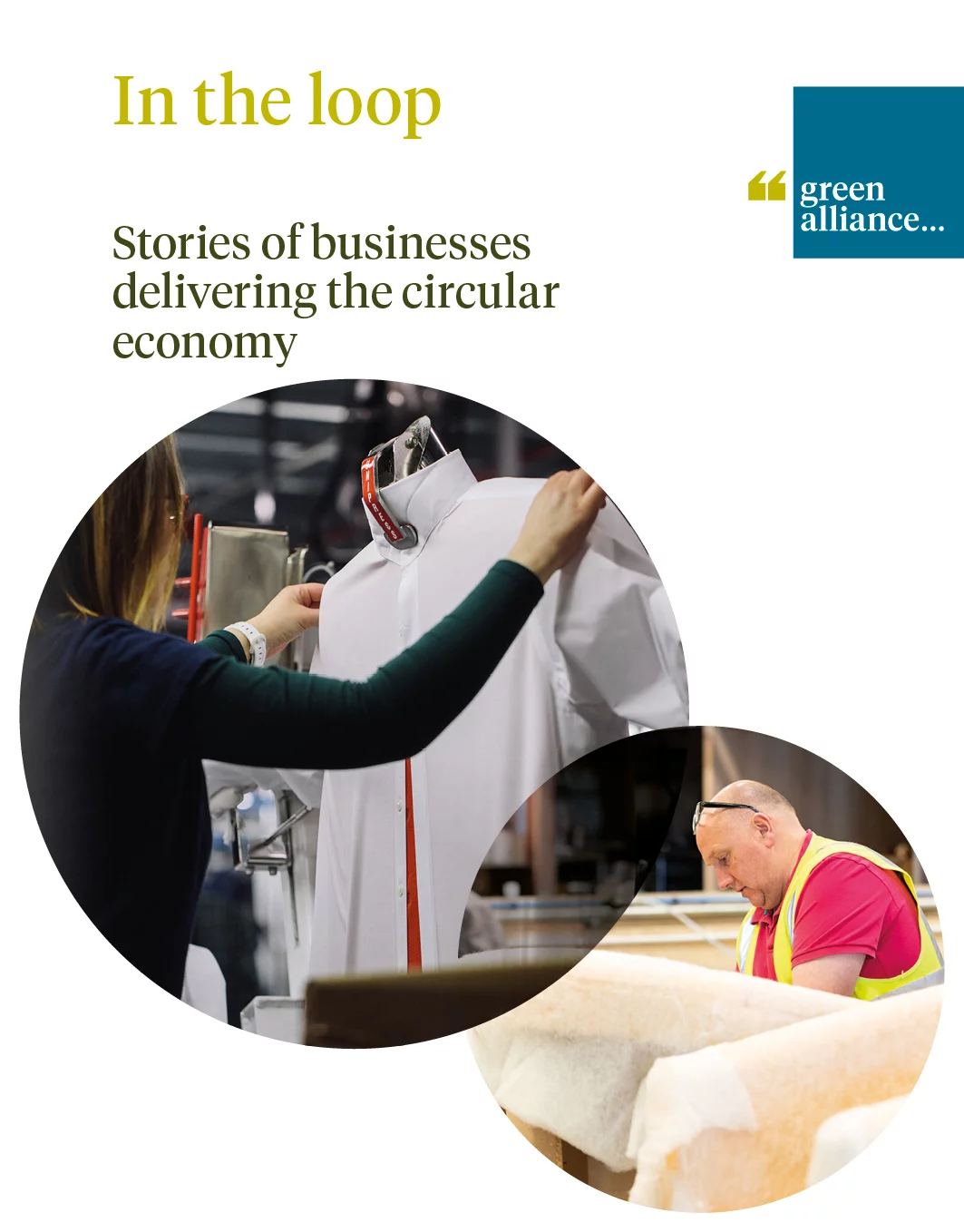Overview
A circular economy is one in which we value materials and keep them in use for as long as possible, while minimising harm to the environment from their extraction, processing, use and disposal. By shifting to an economy where waste and harmful materials are designed out and repair, reuse, remanufacturing and high quality recycling are the norm, we can create new jobs and increase the resilience of supply chains.
Since 2012, we have pioneered new approaches to preventing and reducing waste with our business consortium, the Circular Economy Task Force (CETF). It is currently chaired by Colin Church, chief executive of IOM3.
With the support of the CETF, Green Alliance conducts independent, objective research and analysis to inform resources policy, convening stakeholders from government, civil society and industry to develop and test ideas.
The task force has had a significant impact on government policy. For example, Defra’s 2018 resources and waste strategy adopted many of its recommendations, including harmonising recycling services and implementing an extended producer responsibility regime.
Read our most recent reports:
Circular business models are already delivering transformative results across the UK, cutting waste, creating jobs and building resilience in sectors from retail to heavy industry.
But, what does circular business really look like on the ground? This report profiles ten pioneering businesses that have successfully implemented circular economy principles at scale. The case studies show that when businesses go circular, they create ripple effects of economic and social benefits for their entire supply chains.
With the first circular economy strategy for England due in late 2025, this is a pivotal moment to make circular business the norm, rather than the exception. Drawing on practical examples, international lessons and insights from leading businesses, this report provides the policy roadmap to scale circular business models and future proof the UK economy.
When we talk about waste, we usually think about our household bins. But what we see in the bin is just the end of a whole system driving wastefulness at every stage.
‘Beyond the bin’ explores the hidden story of waste across the economy, showing where it could be reduced and opportunities to create a more circular economy. It examines all the stages where waste occurs, from production through to disposal, and highlights the changes that would avoid valuable materials being lost to the economy.
Our webpage and briefing present evidence-based insights and practical solutions that can create efficiencies, reduce costs and support the transition to a more circular economy.
In this series of short explainers, we show why a circular economy is good for the UK economy, businesses and people.
The landscape of reuse is rapidly evolving, with a noticeable surge in interest from major corporations and a growing openness among the public to embrace second-hand goods, particularly amidst high cost of living. However, despite shifting attitudes, the full potential of the reuse economy remains untapped.
In this report, we investigate how reuse is working in the UK for the fashion sector. Research by PwC for the Circular Economy Task Force shows that reuse can already be profitable for fashion businesses, especially if they create appealing platforms and develop technologies to cut costs.
The findings underscore a public consensus that the government must take decisive action to curb overproduction in the fashion industry, with YouGov polling revealing strong support for policies prioritising quality over quantity. We conclude that the government should prioritise banning the destruction of unsold goods and establish an effective extended producer responsibility system for textiles. Such a system would not only improve data accuracy, but also set benchmarks for clothing quality, reduction and reuse, alongside facilitating effective recycling practices.
A more circular economy has the potential to create economic growth, improve resource security and support hundreds of thousands of jobs across the country.
To realise this potential, the government must make the circular economy a cross departmental priority. Given its important tax and spending responsibilities, as well as its role in co-ordinating government policy, the Treasury will be vital in steering this change.
We spoke to ten circular businesses to better understand their business case, the barriers to broader adoption of what they do and the incentives others need to follow suit. They revealed that fixing perversities in the tax system and cross cutting fiscal support would be particularly powerful in moving these models into the mainstream.
The construction sector uses more raw material than any other in the UK, produces the most waste and is responsible for a quarter of the country’s carbon emissions. It also faces challenges ranging from poor productivity and the need to solve housing shortages to supply chain risks and ensuring UK buildings and infrastructure are fit for a net zero carbon future. The industry needs an overhaul.
A more circular construction sector would help to solve many of these issues, making much better use of raw materials, avoiding unnecessary waste and supporting higher productivity with fewer negative impacts.
For this report we consulted a wide range of industry experts on what would have the best results. They told us that the industry already has the technology and the techniques, it just needs the right support to get on with it.
We recommend action in three important areas: finance, design and data, which would help to reduce this sector’s use of raw materials by 35 per cent, at the same time as dramatically cutting its climate impact.
Circular business models cut carbon, create jobs and boost economic growth. We spoke to business leaders and industry about what government needs to do to support companies to switch to circular business models.
Partners
We’re grateful to the following partners for supporting our work.
The current members of the task force are CIWM, INCPEN, Kingfisher, PwC, SUEZ, WRAP and Zero Waste Scotland.







